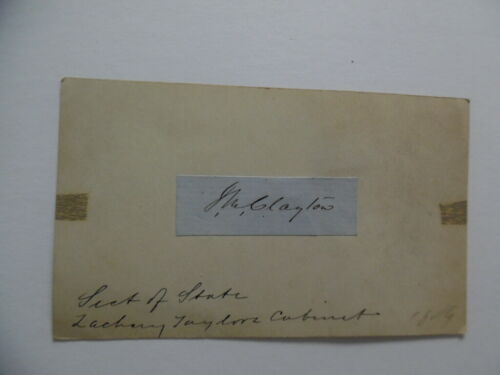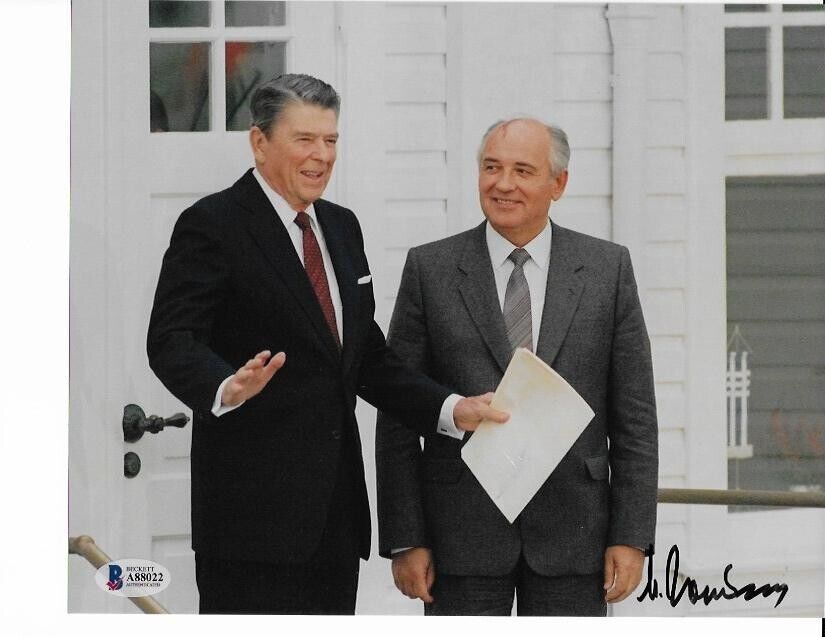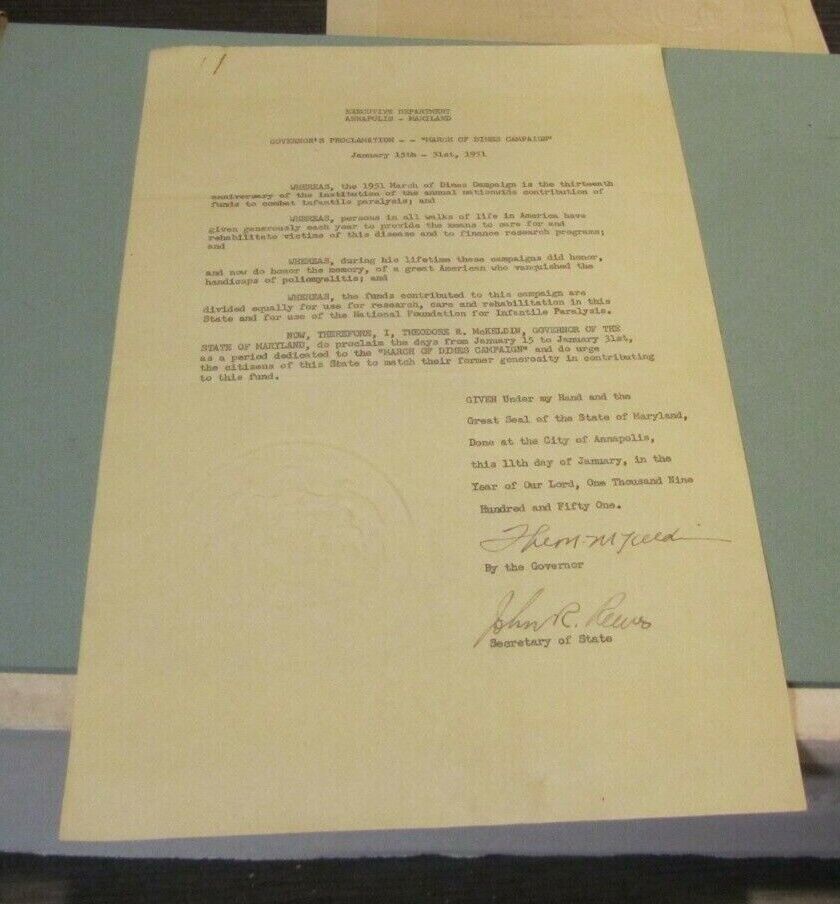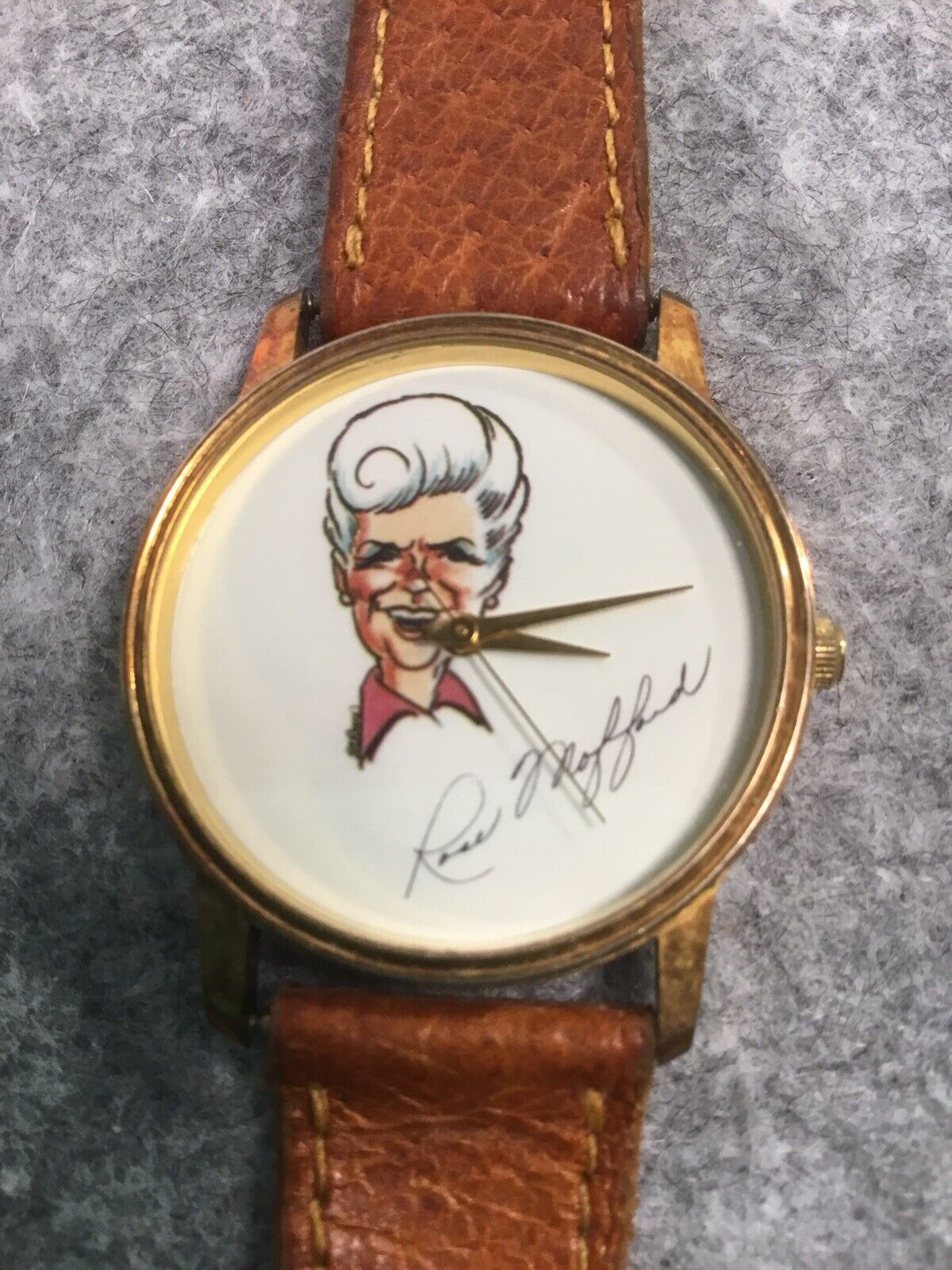-40%
1849 John M Clayton Signed Autograph Secretary of State Zachary Taylor Cabinet
$ 26.37
- Description
- Size Guide
Description
This is an original antique autographed of John M. Clayton as Secretary of State in the Cabinet of Zachary Taylor. This is a clipped signature on blue paper that measures about 7/8” x 2-18” and is mounted to card that measures about 5” x 3”. The card has a pencil date of 1849 and sepia ink inscription that reads “ Secretary of State, Zachary Taylor’s Cabinet”.This card has a bit of toning from age and two small two small dried tape stains on the edges not affecting the autograph which is in very good condition. Email any questions. Thanks for looking.
The following is some information on Cameron from Wikipedia:
John Middleton Clayton (July 24, 1796 – November 9, 1856) was an American lawyer and politician from Delaware. He was a member of the Whig Party who served in the Delaware General Assembly, and as U.S. Senator from Delaware and U.S. Secretary of State.
Early life and family
Born in Dagsboro, Delaware, son of Sarah (née Middleton) and James Clayton. His uncle, Dr. Joshua Clayton, was a former Governor of Delaware and his cousin, Thomas Clayton, was a prominent lawyer, U.S. Senator, and jurist. John M. Clayton studied at Berlin, Maryland and Milford, Delaware when his parents moved there. His boyhood home, known as the Parson Thorne Mansion, was listed on the National Register of Historic Places in 1971.[1][2] He graduated from Yale University in 1815, studied law at the Litchfield Law School, and in 1819 began the practice of law in Dover, Delaware.
About this time his father died and Clayton became the sole supporter of his immediate family, weekly walking the distance from Dover to Milford to see to their needs.[citation needed]
He married to Sally Ann Fisher in 1822. She was the granddaughter of former Governor George Truitt.[citation needed] They had two sons, James and Charles, but she died two weeks after the birth of Charles. Clayton never remarried and raised the two boys himself.
In 1844, Clayton cultivated a tract of land near New Castle, Delaware which he called Buena Vista.[3] It was listed on the National Register of Historic Places in 1971.[2] Here he built a mansion and made one of the most fruitful estates in that region. Both of his sons died while in their 20s, shortly before the death of their father.
Delaware politics
Clayton was elected to the Delaware House of Representatives for the 1824 session and was appointed the Delaware Secretary of State from December 1826 to October 1828. Conservative in background and outlook, Clayton quickly became a leader of the Adams faction which later developed into the Delaware Whig Party. During this time he was also the driving force in the convention that produced the Delaware Constitution of 1831.
National politics
In 1829 Clayton was elected to the United States Senate as its youngest member. Six years later he declined re-election, but the General Assembly elected him anyway, only to have him resign. He served from March 4, 1829 until December 29, 1836. He distinguished himself in the Senate by a speech during the debate on the Foote resolution, which, though merely relating to the survey of the public lands, introduced into the discussion the whole question of nullification. Clayton favored the extension of the charter for the Second Bank of the United States and his investigation of the Post Office Department led to its reorganization. At various times he served on the Military Affairs, Militia, District of Columbia and Post Office Committees, but his most important position was the Chairmanship of the Judiciary Committee in the 23rd and 24th Congress.[citation needed]
After returning to Delaware from his first term in the United States Senate, Clayton was appointed Chief Justice of the Delaware Superior Court, replacing his cousin Thomas Clayton, who had been elected to the vacant U.S. Senate seat. He served in this position from January 16, 1837 until September 19, 1839, when he resigned to support the presidential candidacy of William Henry Harrison.
Clayton was once again elected to the United States Senate in 1845, where he opposed the annexation of Texas and the Mexican–American War but advocated the active prosecution of the latter once it was begun. His tenure was only from March 4, 1845 until February 23, 1849, as he resigned to become U.S. Secretary of State.
On March 8, 1849 Clayton became U.S. Secretary of State in the Whig administration of Zachary Taylor. His most notable accomplishment was the negotiation of the Clayton-Bulwer Treaty of 1850 with the British minister, Sir Henry Bulwer-Lytton. This treaty guaranteed the neutrality and encouragement of lines of travel across the isthmus at Panama, and laid the groundwork for America's eventual building of the Panama Canal. His tenure was brief, however, ending on July 22, 1850, soon after President Taylor's death.
As secretary of state, Clayton was intensely nationalistic and an ardent advocate of commercial expansion but his strict interpretation of international law created crises with Spain, Portugal, and France.[citation needed]
Clayton was again elected to the United States Senate one last time in 1853 and served from March 4, 1853 until his death on November 9, 1856. He proposed the Kansas-Nebraska Act. One of his most noted speeches delivered in the Senate was that made June 15, 1854[5] against the message of U.S. President Franklin Pierce, vetoing the Bill for the Benefit of the Indigent Insane, which would have ceded public lands for an insane asylum.
Death and legacy
After the death of his second son, Clayton moved his residence back to Dover. He died there and is buried in the Old Presbyterian Cemetery, which is at Dover, on the grounds of the Delaware State Museum.
His contemporaries considered Clayton one of the most skilled debaters and orators in the Senate.[citation needed] He was always accessible, and was noted for his genial disposition and brilliant conversational powers. Clayton Hall at the University of Delaware is named in his honor, as are towns in Delaware, New York, North Carolina and a county in Iowa. In 1934, the state of Delaware donated a statue of Clayton to the National Statuary Hall Collection.
Almanac
Elections were held the first Tuesday of October. Members of the General Assembly took office on the first Tuesday of January. State Representatives had a one-year term. The Secretary of State was appointed by the Governor and took office on the third Tuesday of January for a five-year term. The General Assembly chose the U.S. Senators, who took office March 4, for a six-year term.
Public Offices
Office Type Location Began office Ended office notes
State Representative Legislature Dover January 4, 1824 January 3, 1825
Secretary of State Executive Dover December 1826 October 1828
U.S. Senator Legislature Washington March 4, 1829 December 29, 1836
Superior Court Judiciary Dover January 16, 1837 September 19, 1839 Chief Justice
U.S. Senator Legislature Washington March 4, 1845 February 23, 1849
U.S. Secretary of State Executive Washington March 8, 1849 July 22, 1850
U.S. Senator Legislature Washington March 4, 1853 November 9, 1856
Delaware General Assembly service
Dates Congress Chamber Majority Governor Committees Class/District
1824 48th State Senate Federalist Samuel Paynter Kent at-large
United States Congressional service
Dates Congress Chamber Majority President Committees Class/District
1829–1831 21st U.S. Senate National Republican Andrew Jackson Militia class 2
1831–1833 22nd U.S. Senate National Republican Andrew Jackson Militia class 2
1833–1835 23rd U.S. Senate National Republican Andrew Jackson Judiciary, Militia class 2
1835–1837 24th U.S. Senate Whig Andrew Jackson Judiciary class 2
1845–1847 29th U.S. Senate Whig James K. Polk class 1
1847–1849 30th U.S. Senate Whig James K. Polk class 1
1853–1855 33rd U.S. Senate Whig Franklin Pierce class 2
1855–1857 34th U.S. Senate American Franklin Pierce class 2
Payment Terms
Winning bidders will receive an email at the end of the auction explaining the option for paying with Paypal. If you have questions about how to pay for this item please let me know. If you made multiple purchases for a single shipment contact us for combined shipping charges which will normally be less than the amount shown on Paypal invoice. You will receive an email notifying you when your item ships. Buyers outside the USA, please provide a telephone number for customs forms.
Shipping Terms
Please click on the Shipping & Payment tab above to access the eBay shipping calculator which will give you the options and costs for shipping your item depending on your zip code or country. All items are professionally packed and well protected for shipment. All paper items are shipped in a plastic archival sleeve with rigid backing and marked "DO NOT BEND". If you have special shipping instructions please let us know and we'll try to comply. If you win multiple items and want them shipped together please contact us for a revised PayPal invoice. All shipments within the USA are sent with Delivery Confirmation. Buyers outside the USA please provide your phone number with payment so that we may include this on the customs forms. We are not able to declare items as "gifts", misrepresent the contents or value or otherwise falsify customs forms. Media Mail is a cheaper shipping option for some items such as books. Please be aware that Media Mail can take up to 21 days and that items which do not qualify for Media Mail such as magazines can not be sent by Media Mail. Buyers will receive an email notification at the end of the auction and when the item ships. If you have any questions please feel free to contact us. We strive for 100% buyer satisfaction in all transactions.












